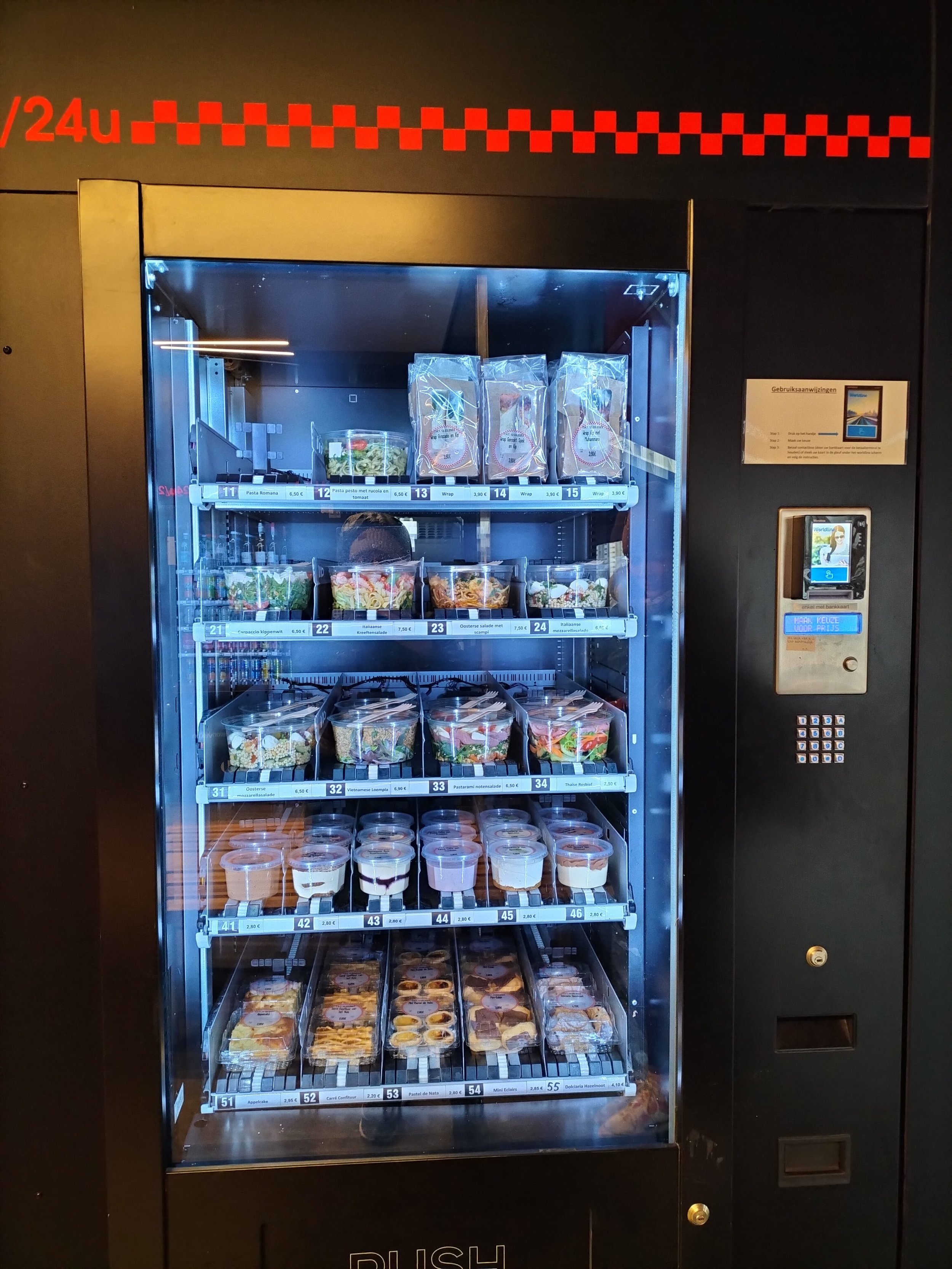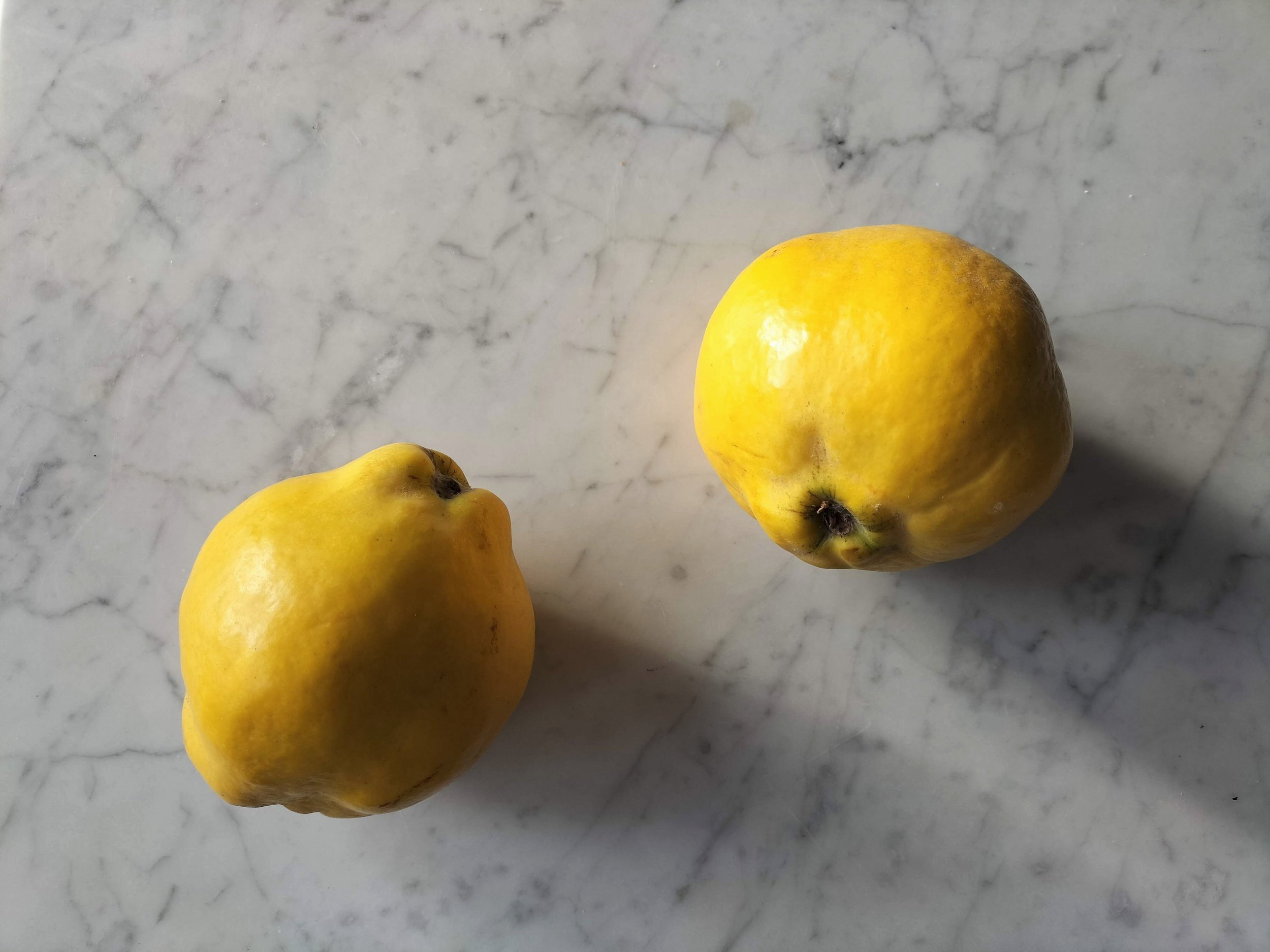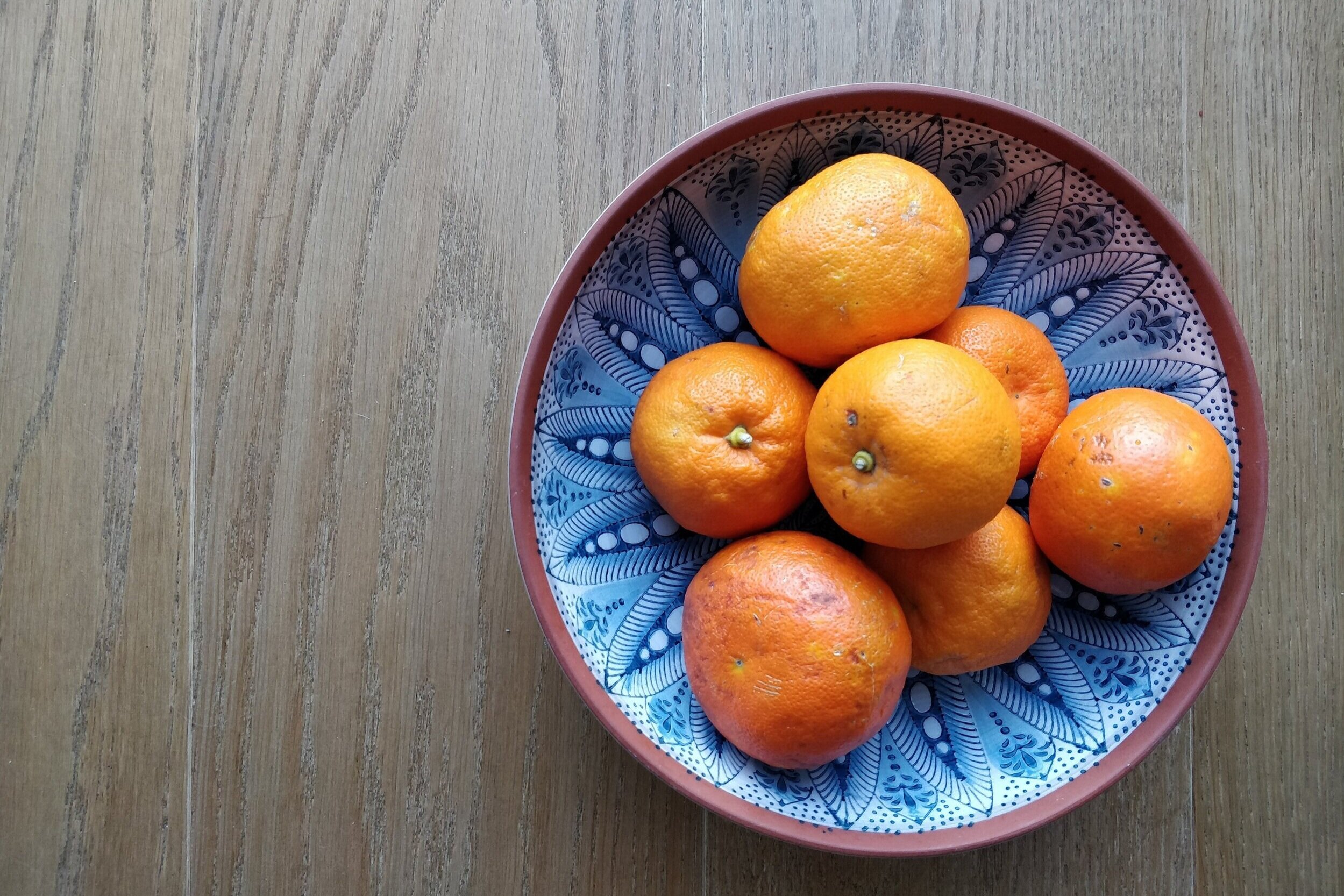In 2022, the website TasteAtlas published their annual ‘World’s Best Cuisine’ awards. The award involved ranking 95 world cuisines according to audience votes for ingredients, dishes and beverages, and its methodology and subjectivity were thus somewhat questionable. Perhaps unsurprisingly, Italian, Greek, Spanish, Japanese and Indian cuisines topped the rankings, and so the media were less interested in these predictable front-runners than in the cuisine with the dubious honour of coming bottom of the list: Norway.
Read moreOn the meals that never were
In the pilot episode of HBO’s hit series Six Feet Under, funeral director Nathaniel Fisher Sr. is hit by a bus while driving home on Christmas Eve. Receiving news of her husband’s untimely death, Ruth Fisher hurls first the phone, then the Christmas dinner she is in the midst of cooking, to the ground. A tray of roasted meat and vegetables clatters to the floor. Amidst staccato shrieks, she sweeps jars, pots, knives and plates from the worktop, then sits hunched against the oven, the dismantled debris of a pot roast around her feet. A ladle, slicked with grease, lies redundant on its side. ‘Your father is dead,’ she tells her son. ‘And my pot roast is ruined.’
Read moreOn feminism and fermentation
There is perhaps no greater conversation stopper than, as a woman in your early-to-mid thirties, responding to the question ‘Do you have children?’ with a simple ‘No.’ Having dealt with the life admin of moving countries for the third time this year, it’s a question I have been asked a lot, and it has become increasingly apparent that answering with unadorned factual accuracy and nothing more is likely to kill the conversation before it even started. There’s no bonding over shared parental experiences; no easy sharing of candid family snaps on phones. There are only two possible follow-up responses on the part of the enquirer: ‘Oh, OK’ (R.I.P. conversation) or ‘Why not?’ (R.I.P. the person who asks this question). Thoroughly British at heart in terms of my heightened sensitivity to social awkwardness of any kind, I noticed I had taken to filling the uncomfortable silence with the jovial comment, ‘But I have 120 houseplants, so that’s almost the same!’
Read moreOn happiness being, in fact, a potato
I have long nursed a deep love for Charlotte Brontë’s 1853 novel Villette. It is a love made stronger by the fact that it is rarely shared. My friend and colleague Matt, upon hearing that I had decided to put Villette on my Victorian literature syllabus, responded with a derisive snort and expressed his sympathy for my poor students. Those poor students went on to prove him right, bursting into violent critique at the beginning of the seminar when I asked, as I always do, for their general thoughts on this week’s reading. They argued hotly for its tedium, its highly unlikeable narrator, its excessive length. Voices were raised. Passionate gesticulation occurred. I was thrilled.
Read moreOn wasting food, and why banana bread is (probably) not the answer
Every few weeks, it seems, we’re treated to a swathe of articles across the media aimed at helping us to waste less food. It has recently been recognised that food waste is not merely a symptom of our growing food insecurity – thrown into sharp relief by the pandemic – but a cause of it too. Food waste accounts for approximately 6-8% of all human carbon emissions, with approximately a third of the food the world produces – some estimates run as high as 40% - going to waste. Rotting food in landfill produces the greenhouse gas methane, which is directly linked to climate change, but it’s also a huge waste of all the precious energy used to grow, harvest, package and transport that food. It is a senseless crisis on both an environmental and a humanitarian level, with famines raging across the globe while perfectly edible food rots in dumpsters thousands of miles away.
Read moreOn a friendship without food
For as long as I can remember, friends have been synonymous with food. Like T. S. Eliot’s J. Alfred Prufrock, measuring out his life in coffee spoons, I’ve measured out my friendships over the years in myriad greaseproof-wrapped parcels. There have been salted caramel brownies posted across the country to someone I admired; still-warm cakes balanced across bicycle handlebars on the way to various birthday parties; homemade biscuits snatched from the worktop on my way out to meet the diverse companions of endless pandemic walks. Friendships have been forged in the fire of a hot oven, consolidated through the bestowing of a freshly-baked loaf or a tinfoil parcel of flapjacks still oozing the aromas of hot butter and toasted oats. When I think of my dearest friends, I think as much of the feasts we have shared together as of their faces. Like some strange form of epicurean synesthesia, my love for them can be mapped onto the devouring of particular dishes, the ambience of particular restaurants, or the minutiae of preparing a particular recipe. A close group of friends in London will forever be associated with the night we rustled up a feast that, owing to various last-minute cancellations, saw us eating an entire block of halloumi each. My best friends from university are inextricably tied in my mind with our annual New Year’s cheese feast, also featuring a chocolate concoction now referred to, following a memorable typo, as ‘desert mouse’. I cannot separate the thought of my friend Victor from the time I once watched in disbelief as he popped whole segments of raw quince into his mouth.
Read moreOn missing breakfast in a pandemic
We’ve reached that awkward, liminal stage of the pandemic where, rather than simply wallowing in misery, weight gain and relentless tedium, it has apparently become acceptable to turn to another person (from two metres away, of course) and ask them: ‘Where is the first place you want to travel to, when this is all over?’ Now that there is the tiniest sliver of light at the end of the plague tunnel, thoughts inevitably turn to how we might embrace our new-found freedom. It has taken precisely two iterations of this question for me to become sick of it. My standard response, now, is simply to roll my eyes and say ‘Literally anywhere. I don’t care.’
Read moreOn seasonality, stockpiling, and Seville oranges
The other night, I made Claudia Roden’s famous boiled orange cake. So much more wonderful than that rather prosaic description suggests, this cake is the stuff of legends in the recipe world. Variations on its theme in cookbooks are invariably accompanied by an introduction reassuring you that you need not be sceptical of boiling two oranges in their entirety then folding their pulverised forms into a cake batter: the result is a delectably moist, fragrant cake packed with citrus aroma and the moreish (and, indeed, Moorish) hit of slight bitterness that only boiled orange rind can provide.
Felicity Cloake, in her Guardian ‘Perfect’ column from 2017, argues that neither tangerines nor navel oranges ‘can touch the gloriously tangy Seville for flavour’ in this cake: during their short season, ‘you can’t beat them’. Luckily for me, it happens to be Seville orange season. So why did I make this cake the other night using two rather sad, bullet-hard sour oranges from the freezer, when in my fridge’s salad draw sat an entire drawstring bag full of fresh Sevilles?
Read moreWhen food stops being fun
It’s been years since I last wrote anything substantial on here, but I decided on a whim that 2021 would be the year I revived this neglected corner of the food internet. I wish I could claim that such a decision was the result of an inspirational bolt from the blue, or a wholesome desire to do more things that I enjoy as a result of the miserable devastation wreaked by 2020…but the honest truth is that I had to pay 155 dollars to Squarespace for the privilege of reinstating my expired domain, and I’ll be damned if I let that money go to waste. I will chain myself to this desk and churn out post after post until I feel some arbitrary sense of having gotten ‘good value for money’. Welcome to 2021 on Nutmegs, seven: powered by stubbornness, excessive thriftiness and a vague, directionless sense of spite. It’ll still be an improvement on 2020.
Read more








